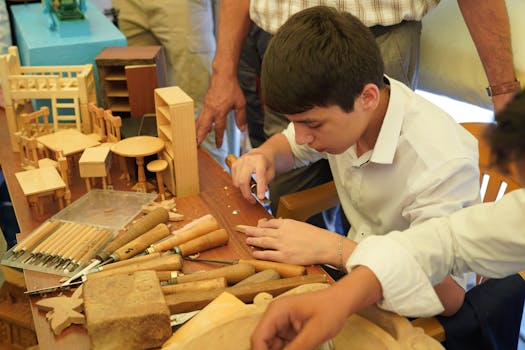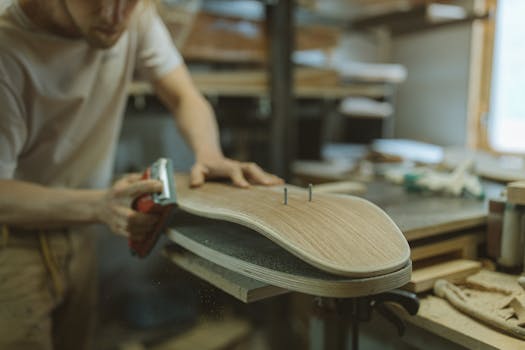You could apply to do an apprenticeship, such as:
- Onsite Trades Level 2 Foundation Apprenticeship
- Carpentry and Joinery Level 2 Intermediate Apprenticeship
- Wood Machinist Level 2 Intermediate Apprenticeship
- Craft Carpentry and Joinery Level 3 Advanced Apprenticeship
You could also do a Wood Product Manufacturing Operative Level 2 Intermediate Apprenticeship, producing goods used in the furniture making and construction industries.
Foundation apprenticeship
You can apply for a foundation apprenticeship if you're aged 16 to 21.
If you're aged 22 to 24, you can apply if you:
Entry requirements
You'll usually need:
- no specific qualifications or experience to apply for a foundation apprenticeship
- some GCSEs, usually including English and maths, or equivalent, for an intermediate apprenticeship
- 5 GCSEs at grades 9 to 4 (A* to C), or equivalent, including English and maths, for an advanced apprenticeship
More Information







